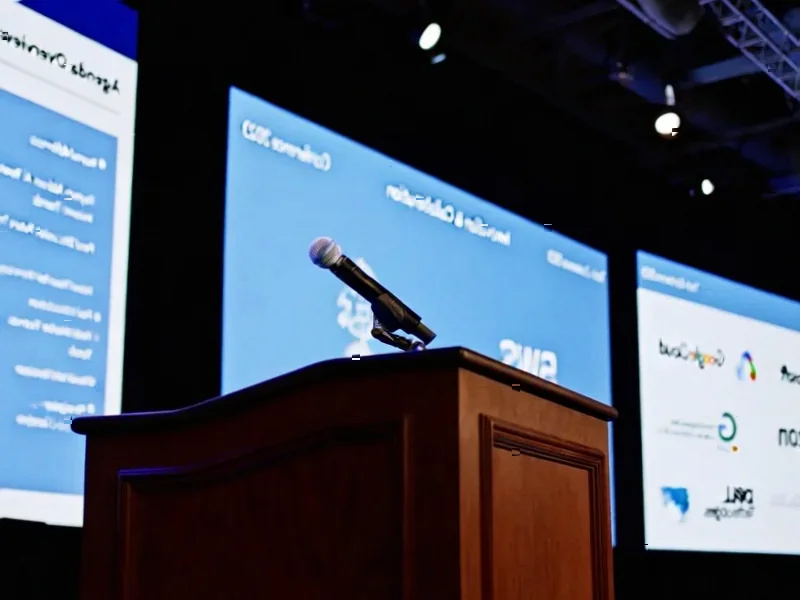According to TheRegister.com, former Intel CEO Pat Gelsinger has joined faith technology platform Gloo to develop Christian-focused AI systems, drawing parallels between artificial intelligence and the printing press’s role in the Reformation. Gelsinger, who was ousted from Intel less than a year ago, aims to create AI models “infused with Jesus” while making the platform acceptable to all Christian denominations and avoiding theological and political positions. The platform includes quality assurance measures to monitor how AI affects users’ “spiritual health and flourishing,” referencing historical cautionary examples like Father Charles Coughlin, whose 1930s radio sermons reached 30 million Americans with fascist-aligned content. Gelsinger’s vision faces immediate challenges given large language models’ documented issues with truthfulness and reliability in religious contexts.
The Emerging Religious Technology Market
The religious technology sector represents a significant but often overlooked market opportunity. With over 2.3 billion Christians globally and religious organizations historically being early technology adopters due to resource constraints, the addressable market for faith-based AI solutions could reach billions in annual revenue. However, this market is notoriously fragmented across denominations, theological traditions, and worship styles, making unified technological solutions challenging to scale. Unlike enterprise software where standardization drives efficiency, religious technology must navigate centuries of doctrinal differences and organizational structures that resist homogenization.
The Technical Theology Problem
Gelsinger’s ambition to create denomination-neutral Christian AI faces fundamental technical and theological hurdles. Large language models operate by statistically predicting likely word sequences based on training data, which inherently embeds the theological biases and interpretations present in that data. The concept of “truth” in AI systems differs radically from theological conceptions of divine truth – models optimize for coherence and plausibility, not doctrinal accuracy or spiritual authenticity. As Anglican debates about AI-written sermons demonstrate, many religious traditions view authentic spiritual communication as requiring divine inspiration rather than algorithmic recombination of existing texts.
Shifting Competitive Dynamics
Gloo’s Christian AI initiative enters a rapidly evolving competitive landscape where mainstream AI providers are already capturing religious use cases. Platforms like OpenAI’s ChatGPT and Google’s Gemini are being used for sermon preparation, biblical analysis, and religious education without explicit theological alignment. Meanwhile, specialized religious apps like YouVersion and Logos Bible Software have established user bases in the millions. Gloo’s differentiation through explicit Christian alignment creates both opportunity and risk – it may attract users seeking specifically faith-oriented AI, but could limit broader adoption and face challenges scaling across denominational boundaries that have divided Christianity for centuries.
Implementation and Adoption Risks
The historical analogy to the printing press that Gelsinger cites reveals significant implementation risks. While the printing press did enable the Reformation, it also fueled centuries of religious conflict and denominational fragmentation – exactly the outcome Gloo aims to overcome. AI systems trained on Christian texts could amplify existing theological divisions by making different interpretations more accessible and seemingly authoritative. The platform’s quality assurance framework for monitoring “spiritual health” raises questions about who defines spiritual flourishing and how such assessments would be implemented technically across diverse theological traditions.
Broader Industry Implications
Gelsinger’s move signals a growing recognition that AI’s impact will extend beyond commercial and productivity applications into deeply personal domains like faith and spirituality. If successful, Gloo could pioneer a template for other faith-based AI initiatives across religions, creating a new category of “values-aligned AI.” However, the project also highlights the tension between technology’s universalizing tendencies and religion’s particularistic nature. The effort to create a unified Christian AI platform may ultimately demonstrate whether AI can navigate the nuanced boundaries of faith traditions or if it will simply become another tool for reinforcing existing divisions.




